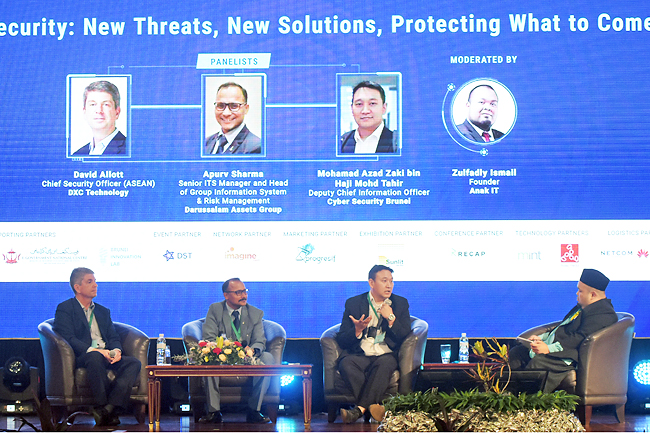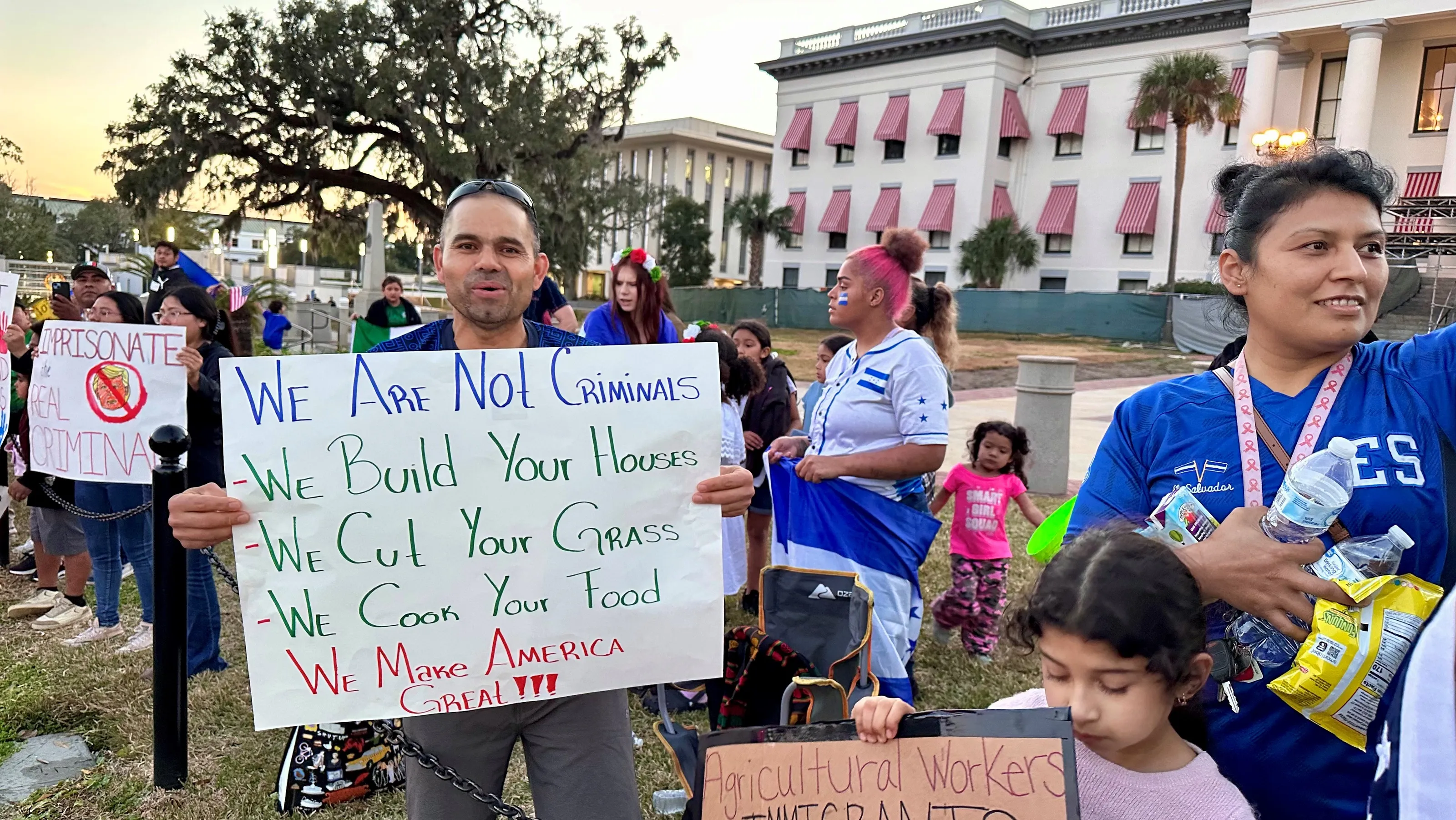The digital landscape is increasingly becoming a battleground for privacy, security, and access. Recent reports reveal that 30% of websites use Cloudflare to guard against online threats, effectively creating a walled garden for digital interactions. While this move enhances security for some, it simultaneously erects barriers that isolate users, particularly those who find themselves blocked due to arbitrary security measures.
Security Measures Compromise User Access
As reported by Expressen, Cloudflare"s security solutions have become essential for many websites, but the trade-off is steep. Users attempting to access content often encounter blocks that stem from automated systems misinterpreting their behavior as suspicious. This is a clear example of how overly stringent security measures can penalize legitimate users, creating a digital divide.
Impact on Free Expression and Information Access
The implications of this trend extend beyond mere inconvenience. When users are routinely blocked from accessing information, it raises serious questions about digital rights and free expression. The Internet was envisioned as a platform for unencumbered access to knowledge; now, it is morphing into a landscape where gates are controlled by algorithms that lack transparency and accountability.
Privacy at Risk
Cloudflare’s model relies on collecting vast amounts of data to preemptively protect against threats. This raises profound privacy concerns, especially in an era where personal data is increasingly commodified. The very users who seek to protect their privacy might find themselves entrapped in a system that surveils their online behavior. As a former software engineer, I understand the technical necessities of security, yet we must question the ethics of sacrificing user privacy in the name of safety.
\n\n
AI and ChatGPT in focus during tech conference | Cyber ...
Digital Rights Under Siege
According to Acumo, the consequences of these security measures disproportionately impact marginalized groups. Individuals without the resources for VPNs or alternative access methods are left vulnerable, effectively silencing voices that are already at risk of being overlooked in public discourse. This is a direct affront to digital rights and equity, emphasizing the need for policies that prioritize accessibility alongside security.
Call for Regulatory Action
As we witness the growing reliance on services like Cloudflare, it becomes increasingly clear that regulatory frameworks are necessary to protect user access and privacy. Policymakers must step in to ensure that security does not come at the cost of usability. We are at a critical juncture where the integration of technology into our daily lives must be balanced with the fundamental rights of users.
Future of Internet Accessibility
The future of internet accessibility hinges on our ability to navigate these complex challenges. As reported by Obsidian Forum, the need for open-source solutions and transparent security measures is more pressing than ever. If we are to uphold the principles of an open internet, we must advocate for systems that empower users rather than isolate them. This involves rethinking how we approach digital security and ensuring that it serves the collective good without infringing on individual rights.

Anti-ICE protest briefly blocks traffic in midtown Phoenix

![[Video] Anti-ICE Protester Pepper Sprayed as CBP Agents Disperse Crowd in Minneapolis](/_next/image?url=%2Fapi%2Fimage%2Fthumbnails%2Fthumbnail-1768260677127-y71sb7-thumbnail.jpg&w=3840&q=75)

![[Video] Several injured as U-Haul truck drives through Iranian protestors in Los Angeles](/_next/image?url=%2Fapi%2Fimage%2Fthumbnails%2Fthumbnail-1768176682028-q95y6j-thumbnail.jpg&w=3840&q=75)
![[Video] Scuffle breaks out between Trump supporters and Anti-ICE protesters in Times Square](/_next/image?url=%2Fapi%2Fimage%2Fthumbnails%2Fthumbnail-1768165958203-hgcgb-thumbnail.jpg&w=3840&q=75)


![[Video] Gunfire between Iraqi security forces and Sadr militias in Baghdad](/_next/image?url=%2Fapi%2Fimage%2Fthumbnails%2Fthumbnail-1768343508874-4redb-thumbnail.jpg&w=3840&q=75)
